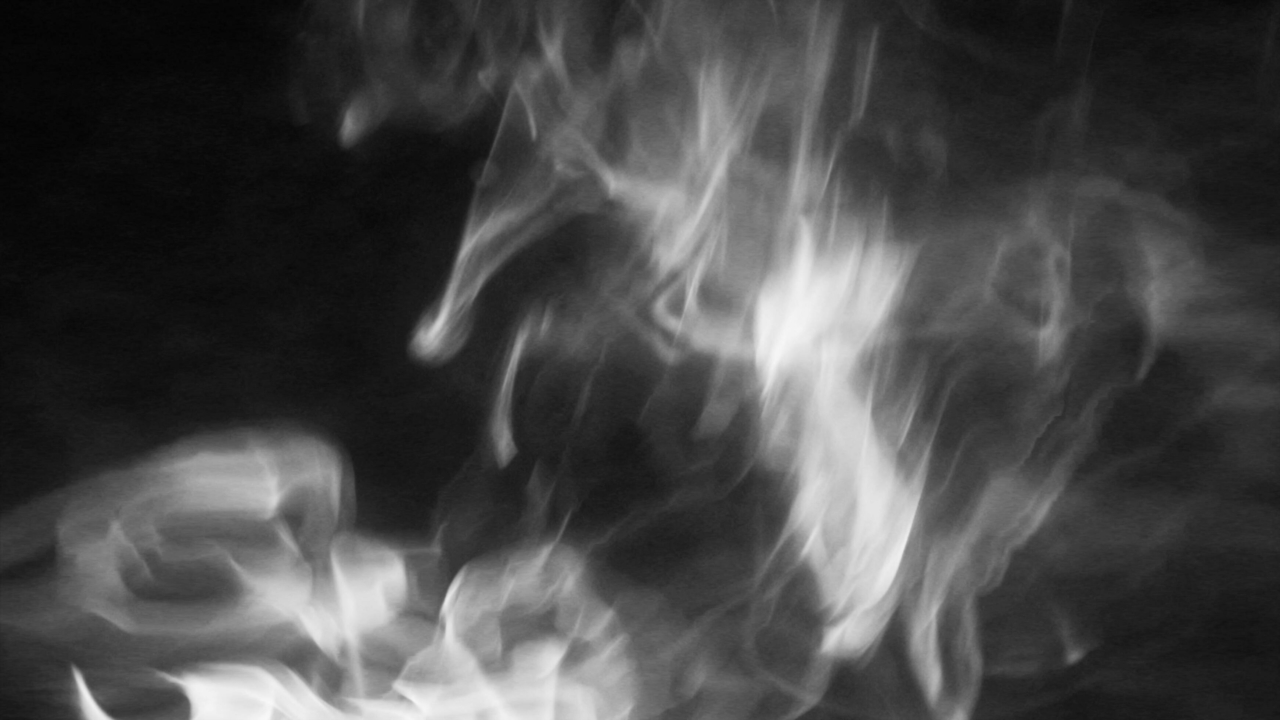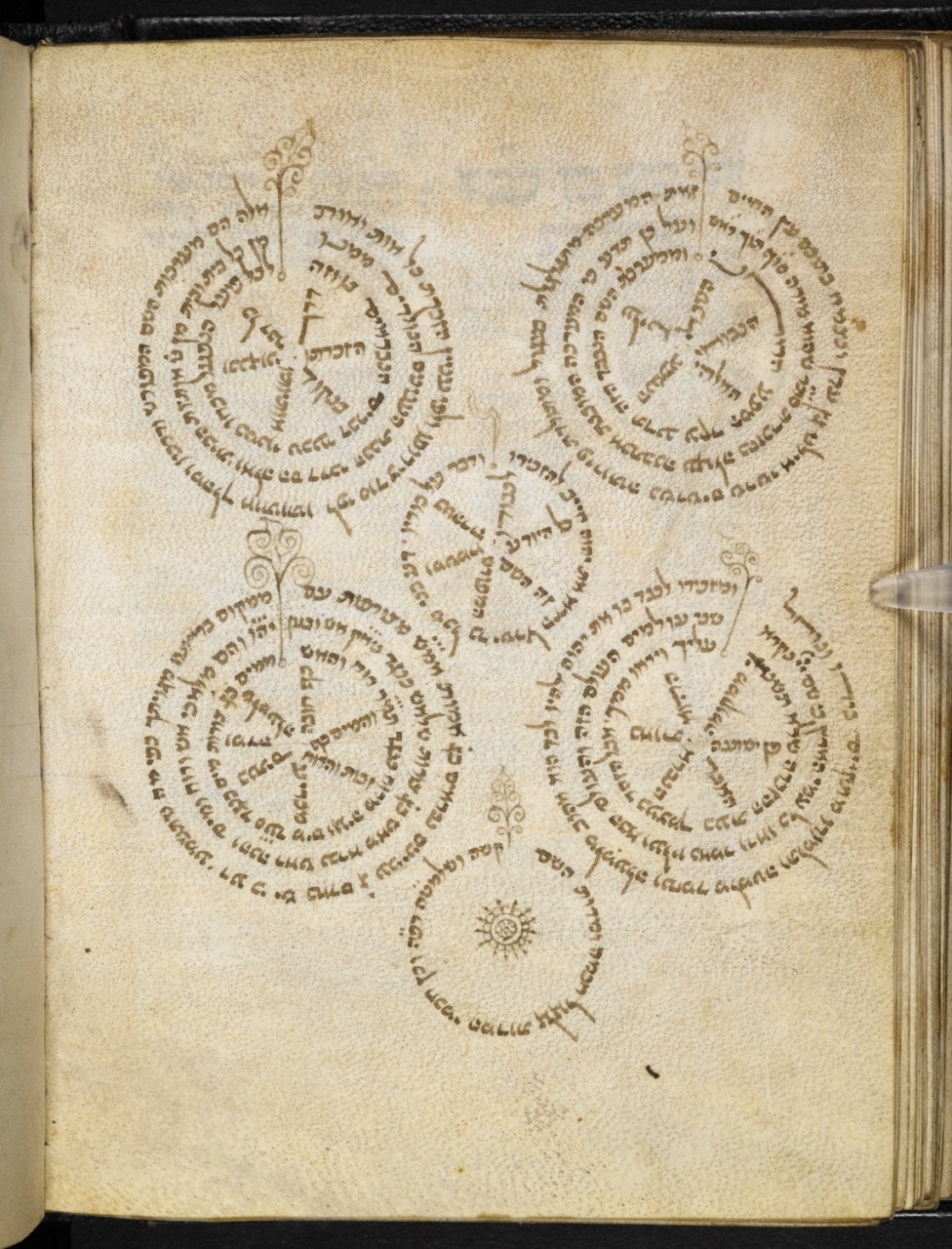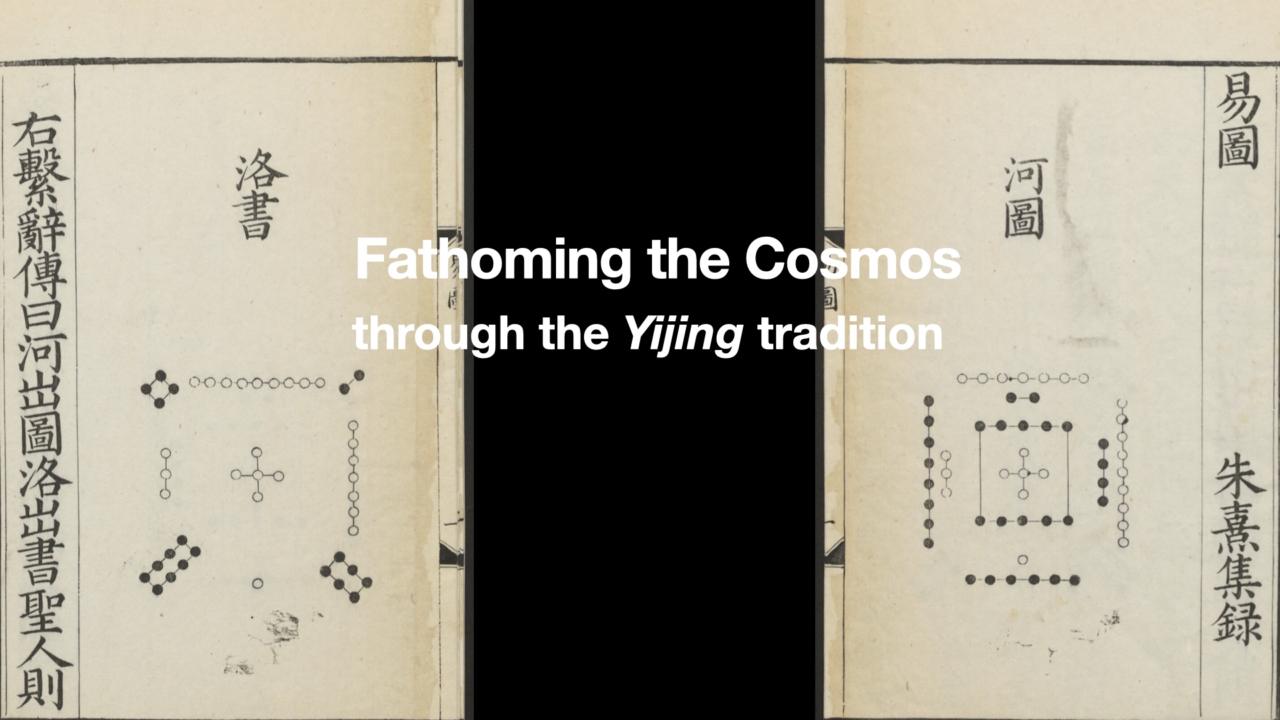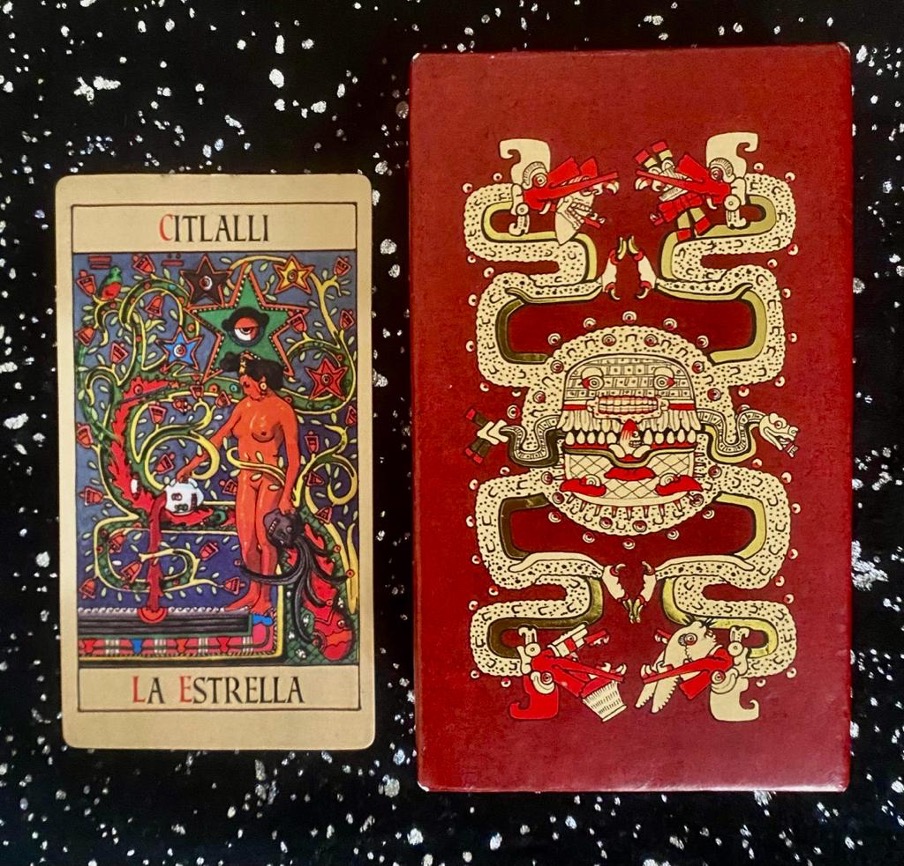RENSEP at the XXIII IAHR CONGRESS
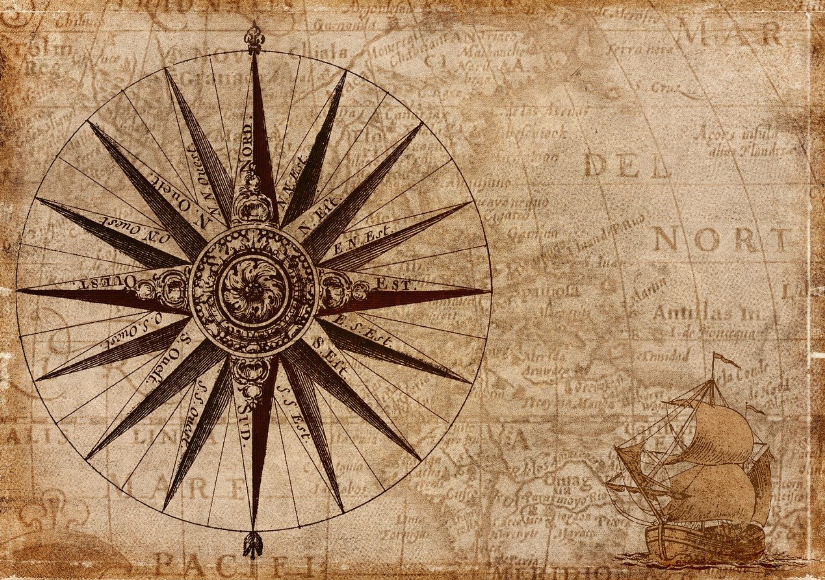
This August, RENSEP’s founders Andrea Centore and Bernd-Christian Otto, as well as RENSEP board member Cavan McLaughlin participated as speakers at the XXII IAHR CONGRESS at Jagiellonian University in Poland.
The overarching theme of the congress was “OUT OF EUROPE: Studying Religion(s) in Interconnected Worlds” and all three presenters affiliated with RENSEP spoke in Panel 9: “Are the Gates Open? The Insider/Outsider Debate in the Study of Esotericism”. This panel addressed, among other things, the relevance of exchange between scholars and practitioners within the academic study of esotericism, the rising interest in anthropological approaches within the field and the emerging figure of the ‘scholar-practitioner’. These topics were explored through several case studies, some of which focused on RENSEP and its’ practice-oriented mission.
Andrea Centore’s paper, “Co-Producing Knowledge in the Study of Esotericism: The Research Network for the Study of Esoteric Practices (RENSEP) and the Reconfiguration of the Insider/Outsider Debate”, positioned RENSEP as a case study for rethinking how scholarship and practitioner perspectives can be brought into dialogue. Against the backdrop of the “practical turn” in the study of esotericism, Centore highlighted how RENSEP fosters collaboration across academic and practitioner communities within a global, transdisciplinary framework – one that investigates the productive overlaps, tensions, and asymmetries across diverse epistemic registers. By emphasising esoteric practices and praxis-knowledge, his contribution examined strategies for negotiating emic and etic perspectives without compromising methodological rigour. Ultimately, Centore argued that RENSEP’s model does more than merely expand the methodological toolkit; it reshapes the very conditions under which academic knowledge of esoteric practices is produced. In doing so, it offers a blueprint for scholarship that is more inclusive, pluralistic, and collaborative, while opening new perspectives on how to reframe the insider/outsider debate within the field.
Bernd-Christian Otto’s paper, “Practitioner-Scholarship and the Insider/Outsider Debate in the Study of Esotericism”, examined the implications of the recent “practice turn” for methodology in the field. Drawing on initiatives such as Trans-States and RENSEP, Otto highlighted how new collaborative approaches challenge traditional boundaries between scholarship and practice while also questioning long-standing stereotypes of the practitioner-scholar. He emphasised the urgent need for a systematic framework for practitioner-scholarship and proposed a methodology rooted in radical agnosticism, reflexive self-observation, and sense-oriented autoethnography. This approach, he argued, enables the production of rigorous research data while avoiding the shortcomings of earlier phenomenological or religionist models, and thereby offering a more robust foundation for future scholarship.
Cavan McLaughlin’s presentation, “Trans-States and ‘Enic’ Practitioner-Scholar Transpositionality”, drew on findings from his practice-based PhD thesis, which included the founding of the Trans-States research network and art collective. He critically examined the dynamics between practitioners and scholars in the study of esotericism, contrasting traditional methodological conservatism with the more open approaches of cultural and arts-based research. Highlighting the intersections between artists and esoteric practitioners, McLaughlin argued for an “enic” perspective that acknowledges subjective experience while maintaining critical reflexivity. His work underscored the value of practitioner-scholarship and called for more inclusive, collaborative, and interdisciplinary methodologies that bridge academia, occulture, and lived practice.
Together, the three contributions showcased RENSEP’s commitment to fostering critical, interdisciplinary, and inclusive approaches to the study of esotericism. Their presence at the congress also highlighted the network’s growing role in shaping international debates in the field.

